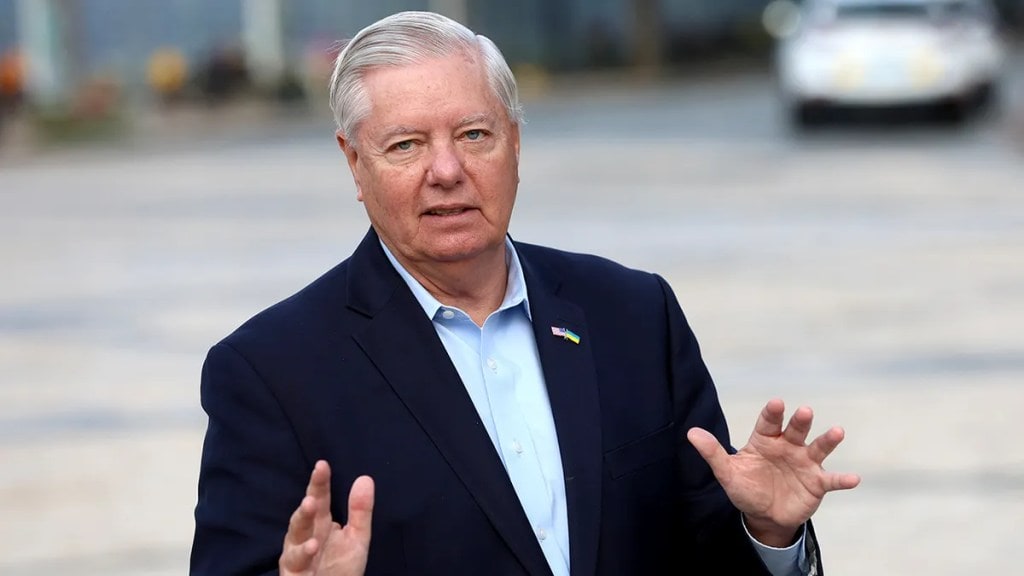Trump Tariff: US Senator Lindsey Graham has criticised countries which are continuing to buy Russian oil, directly naming India, China, and Brazil. In a post on X, he accused these nations of “propping up Putin’s war machine” and claimed their actions were contributing to civilian deaths in Ukraine.
“India, China, Brazil and others who prop up Putin’s war machine by buying cheap Russian oil: How do you feel right now that your purchases have resulted in innocent civilians, including children, being killed? India is experiencing the cost of supporting Putin. To the rest, you will soon too,” Graham wrote, citing an ABC News report on a missile and drone strike on Kyiv that killed at least 15 people, including three children.
The senator further warned that countries maintaining energy ties with Moscow would face consequences for what he described as indirectly fuelling the conflict.
India to increase Russian oil imports
India has faced heightened pressure from Washington over its oil trade with Russia. Earlier this week, the United States, under President Donald Trump, imposed punitive tariffs of 50 per cent on Indian imports. The White House said the move was intended to curb India’s role in sustaining Russia’s oil export revenues, which finance Moscow’s war in Ukraine.
Despite this, Russian oil shipments to India are set to increase in September as refiners take advantage of steeper discounts. Traders reported that Indian refiners could boost purchases by 10–20 per cent, equivalent to an additional 150,000–300,000 barrels per day.
India, which became Russia’s largest oil customer after Western sanctions redirected global supply chains, currently imports around 1.5 million barrels of Russian crude daily. This accounts for 40 per cent of its oil needs and about 1.5 per cent of global supply.
Washington accuses, New Delhi pushes back
US officials have accused India of profiteering from discounted oil, while Indian authorities point to Western double standards. Despite sanctions, the European Union and the United States still import Russian commodities worth billions of dollars annually.
External Affairs Minister S Jaishankar strongly rejected Washington’s criticism during a public address on 23 August. Speaking at an event, he said, “It is funny to have people who work for a pro-business American administration accusing other people of doing business. If you have a problem with India buying oil or refined products from Russia, don’t buy from us. Nobody forces you. Europe buys, America buys, so if you don’t like it, don’t buy it.”
Jaishankar also insisted that while trade talks with the US remain ongoing, India will not compromise on its core economic and strategic interests.
Prime Minister Narendra Modi has meanwhile sought to deepen diplomatic engagement with multiple partners, including a recent meeting with Russian President Vladimir Putin. New Delhi insists its energy purchases are guided by affordability and national interest, not geopolitics.
According to reports, without India’s market, Russia would struggle to maintain export volumes, directly constraining the Kremlin’s war budget. However, the tariffs imposed by Washington highlight the growing strain in US–India relation.


